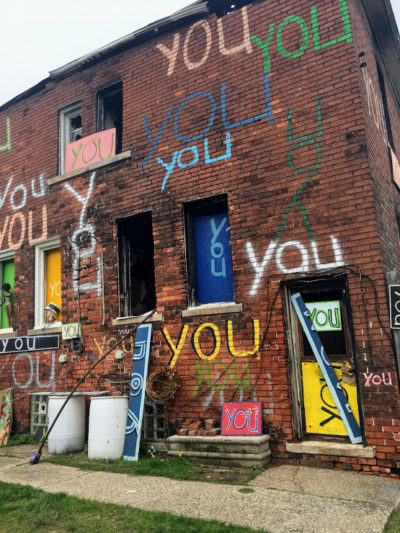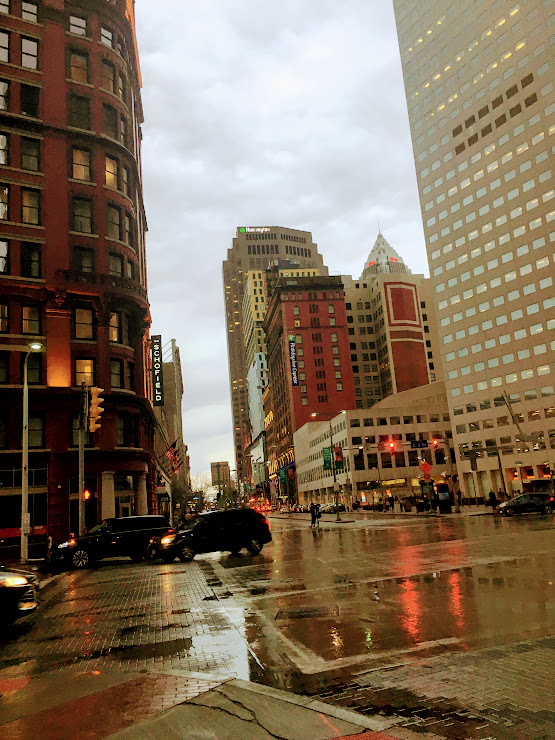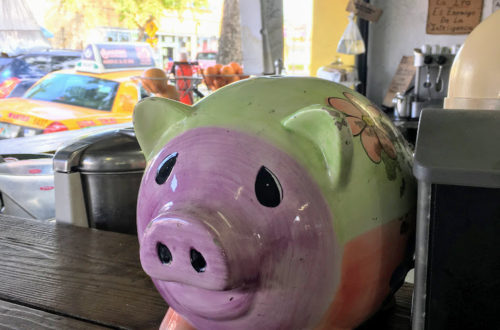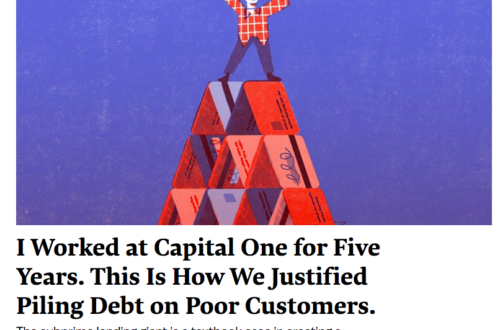I’m now on Day 9 in the Twin Cities, by way of Milwaukee, Springfield, St. Louis, South Bend, Chicago, and Cleveland, but this story will talk about Day 2, Detroit.
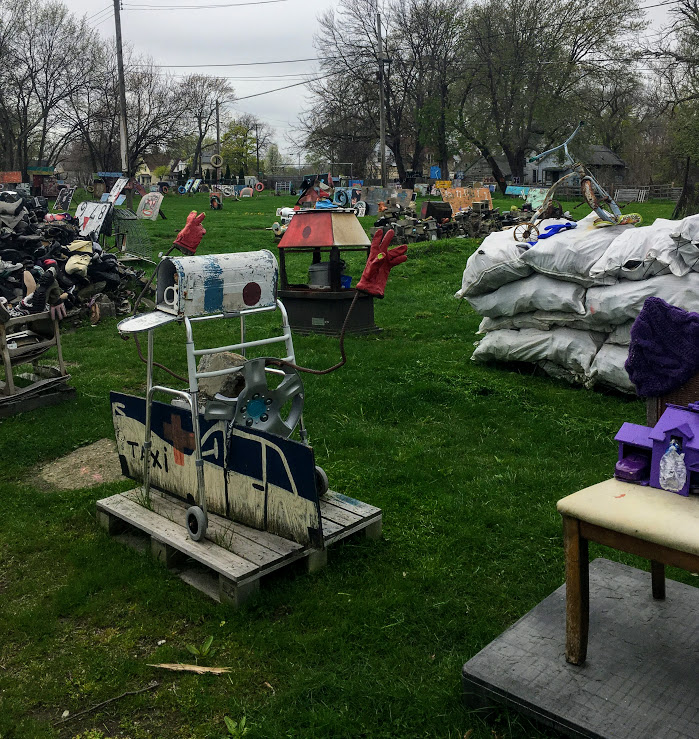
My first stop was the Heidelberg Project, an art installation where Tyree Guyton has used a city block to reflect on time, hope, and community. Guyton grew up on Heidelberg Street, and returned to it as an adult to find vacant lots and a neighborhood where poverty is deepening.
Detroit is a city whose population is only 40% of what is was at its peak. There is no way you can drive around Detroit, at least the neighborhoods where I visited and stayed east of I-75, and confuse it with most other parts of the country. Obviously, every city in our country has people struggling to get by, and neighborhoods that don’t get their fair share of the investment, the roads, the sidewalks, or the playgrounds they deserve from their city government.
But the physical landscape of Detroit was different from anything I’ve seen before. When a city shrinks by as much as Detroit did, you face a nearly impossible challenge: how do you keep up all the roads, the sewers, the water lines, the sidewalks that you once had, provide schools, police and firefighters to all the neighborhoods? You can’t, at least not well.
The Heidelberg Project is interesting for a lot of reasons, one of which is that the project was possible specifically because of the abandonment of that block. It is an opportunity that came out of the challenges Detroit faces, and I saw that thread everywhere I went: a proliferation of seemingly fly-by-night galleries, theaters, street art that leveraged the empty space.
To me, opportunity is one part the chance toachieve stability and one part the chance to express creativity. When we talk about the shrinking middle class, like Dan Kaufman and Latoya Ruby Frazier’s great piece about the closure of the GM plant in Youngstown, Ohio, we mostly talk about how economic changes have made it harder for people to achieve stability: the conditions you need to raise a family, in a house where you won’t get evicted, at a job where you are treated with dignity, with a little bit of money left over to celebrate birthdays and weddings and to give your kids the chance to see the ocean. But opportunity is also about the chance to make art, to invent things, to start a community organization or a business. While those things are never easy to do if you’re hungry, there are ways in which a kid born in Detroit might have more of those chances than a kid born in Washington, D.C., where the amount of money you would need to scrape up to do anything that requires physical space is daunting even for the privileged. I don’t want to glorify or gloss over the challenges Detroit has faced. And yet, it is undoubtedly the case that people have found possibilities in Detroit’s unique landscape.
Lending, of course, is all about opportunity — at its best, it expands possibilities for people.
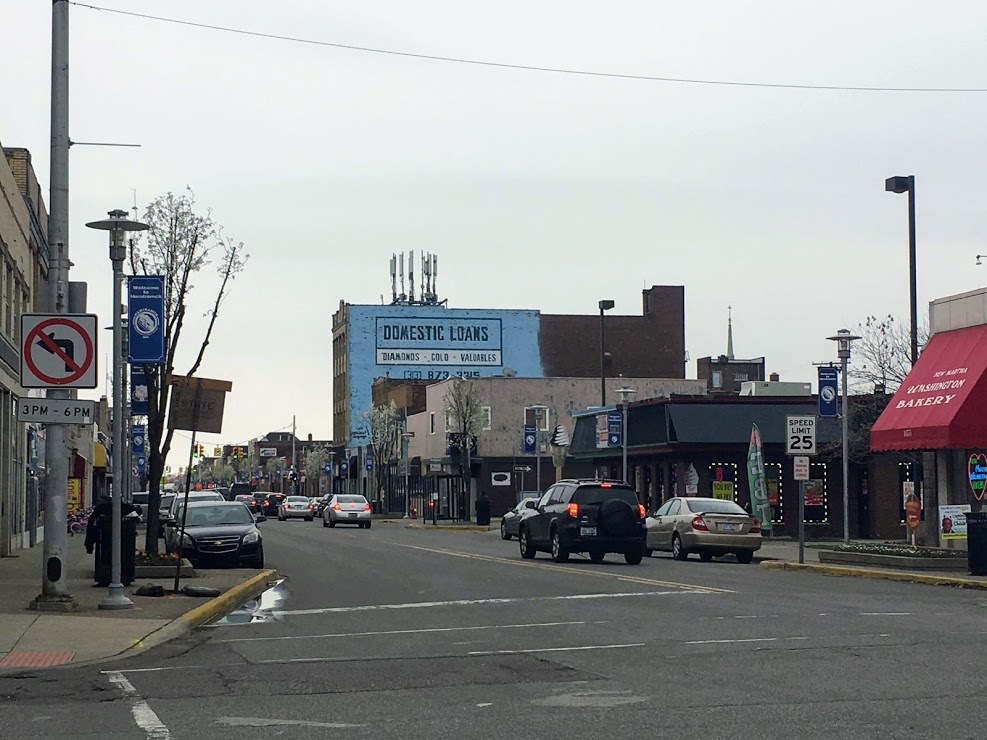
When I asked David, a 47-year old man in the community of Hamtramck, whether he thought banks made it too easy for people to get into debt, or too hard for people to access credit, he didn’t hesitate before saying it was too hard for people to get credit.
The last loan David applied for was as a younger man — he was trying to pull together the money to rent a place to live, and his loan application was declined. I asked him how he thought his life would be different today if he had been approved.
“I might’ve had a house […] I might’ve been with my first baby’s mama. I might’ve not had felonies on my arrest record. A lot of things could have happened [for me].”
Of course, if he had gotten the loan and then had trouble repaying it there would have been a different set of negative repercussions — a lower credit score, the possibility of eviction from the apartment, or future garnished paychecks, although, in his case, it’s hard to imagine that would have been any worse than the counterfactual.
Working in lending for as many years as I did, the idea of people like David is always in the back of your head. This loan is only profitable at a 29% interest rate. My models say this person will accrue tons of late fees on top of that high interest rate, and there’s a 1 in 3 chance they’ll eventually default on the loan, tanking their credit score — hurting their chances at finding housing or a job. Do I lend to them? If everyone’s story was like David’s, the answer would always be yes. David is the case for doing subprime lending, even at disturbingly high interest rates, because it’s hard to anticipate all the ways that saying ‘yes’ when someone has come to you asking for your help could change that person’s life.
I’ve asked the question, “Do you think banks make it too easy for people to get into debt, or too hard for people to get credit?” to a lot of people in a lot of places, and Detroit was a place where most people felt strongly that the answer was the latter.
Of course, not everyone’s story is like David’s — interviews I’ve done sincein St. Charles, Missouri, and South Bend, Indiana have made that clear.
I stayed at Hamtramck Hotel and Hostel, which had a mix of travelers, long-term Detroit residents, and people coming through looking for work. Reportedly, at least one person has lived at the Hamtramck Hotel and Hostel for 50 years. I talked to a man who had come from Greenville, South Carolina, a growing city about two hours west of my hometown of Charlotte, hoping that Detroit would offer both a job and cheaper rent.His strategy is probably the inverse of what a lot of people have tried — according to American Community Service numbers, about 40% more people have moved from Detroit to Greenville than from Greenville to Detroit in the last several years.
But there’s no single roadmap for how to get by in America, and we’re all relying on our own sources and accumulated knowledge. Sociologist Beth Redbird has found that when a profession becomes licensed, more people enter it, specifically because it creates a “clear path” to join and gain credibility — a fact that makes me think about how often the specific keys to getting money and making money are shared only locally, between parents and children or between people of similar backgrounds.
I’ll be in Minnesota and Iowa for a while, before getting to Omaha on May 16th.
